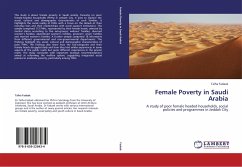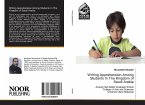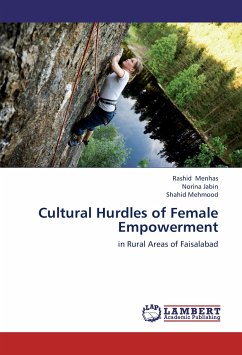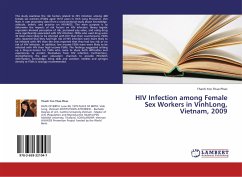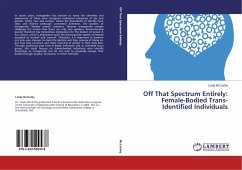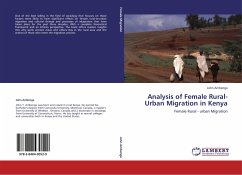This study is about female poverty in Saudi society, focusing on poor female-headed households (FHHs) in Jeddah City. It aims to explore the social, cultural and demographic characteristics of such families. It highlights the social reality of FHHs with a focus on the details of their everyday lives and their relationships with social support institutions. The sample comprised 112 FHHs, represented by their female heads, selected by marital status according to five sub-groups: widows families, divorced women s families, abandoned women s families, prisoners wives families and married women s families. A further sample comprised 18 informants from different governmental and non-governmental departments. The findings highlight the social, cultural and demographic characteristics of poor FHHs. The findings also show how the sub-categories and their female heads struggled daily and how they had similar experiences in some aspects of the public realm but quite different experiences inthe private realm. The study concludes with important strategic recommendations aimed at reforming the welfare system, suggesting integrated social policies to eradicate poverty, particularly among FHHs
Bitte wählen Sie Ihr Anliegen aus.
Rechnungen
Retourenschein anfordern
Bestellstatus
Storno

